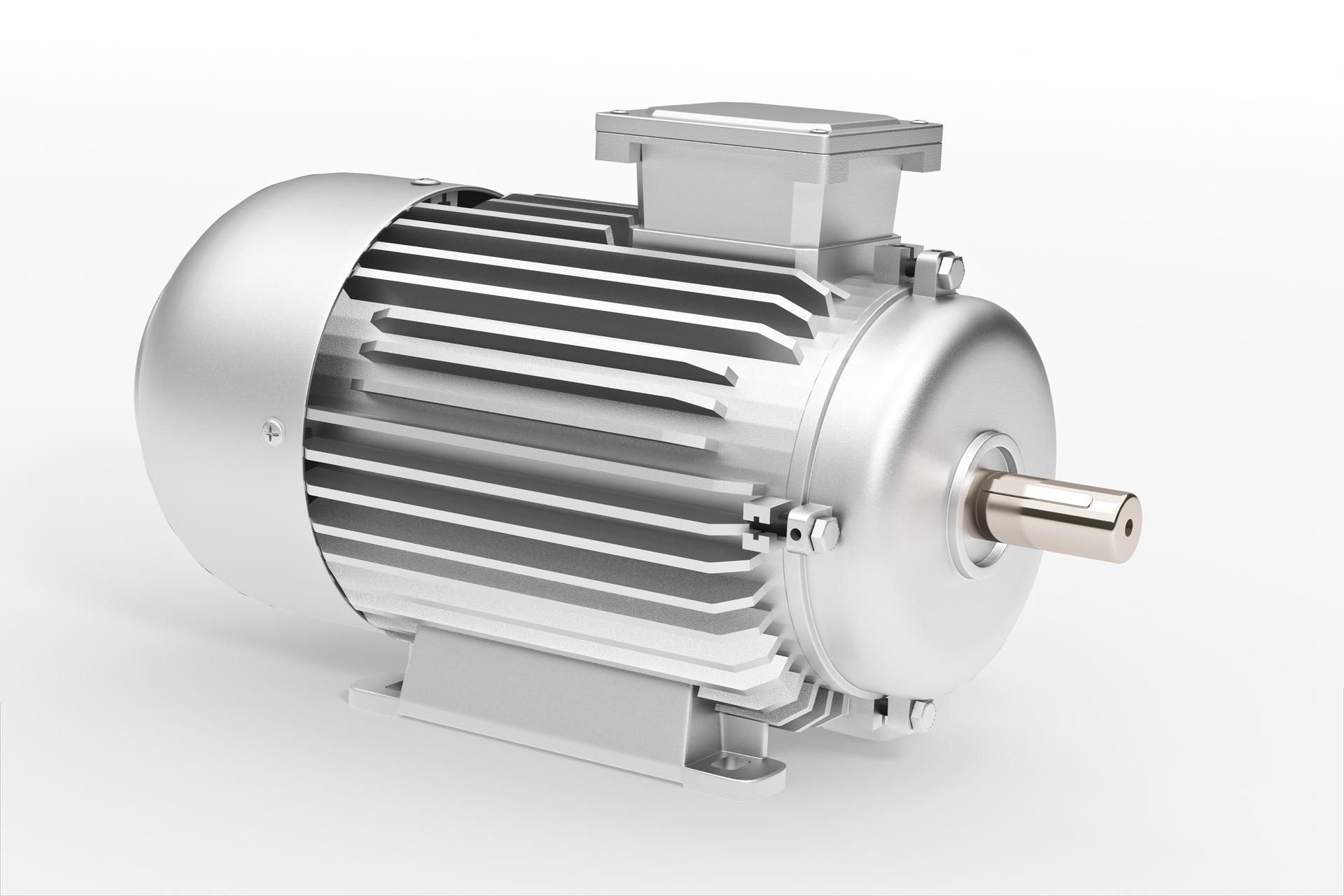When and How to Replace Your AC Compressor

As the summer heat intensifies, the reliance on air conditioning systems surges. The heart of any air conditioner is its compressor, which facilitates the cooling process by circulating refrigerant. But what do you do when your compressor fails? In this guide, we'll discuss how to identify a malfunctioning AC compressor and provide practical advice on purchasing and installing a new one.
Recognizing Signs of a Faulty Compressor
Understanding the symptoms of a failing AC compressor is crucial for timely intervention. One of the first indicators is a decline in cooling efficiency. If your home isn't reaching the desired temperature despite the AC running continuously, the compressor might be malfunctioning. You may also notice strange noises emanating from your unit. Banging, clanking, or hissing sounds can signal a mechanical issue within the compressor.
Another warning sign is frequent tripping of the circuit breaker. Compressors draw substantial power, and if there's a problem, the increased power demand may cause the breaker to trip repeatedly. Additionally, inspect your electric bills. A sudden spike in energy consumption without an accompanying increase in usage often points to an overworked and inefficient compressor.
Diagnosing the Compressor Issue
Once you suspect a problem with the compressor, a thorough diagnostic approach is required. Begin by checking the thermostat settings to ensure they haven't been unintentionally adjusted. Confirm that the breaker hasn't been tripped and that the unit is receiving power. Inspect the outdoor unit for any visible signs of damage or leaks, paying close attention to the refrigerant lines.
If these initial checks don't resolve the issue, it's prudent to consult with an HVAC dealer or request HVAC services to perform a professional inspection. Technicians can use specialized tools to measure the electrical current and pressure levels within the compressor, providing a definitive diagnosis.
Purchasing a New AC Compressor
When it's confirmed that your AC compressor needs replacement, purchasing a new one becomes the next step. Begin by identifying the specific model and specifications required for compatibility with your existing AC system. Consult the unit's manual or contact the manufacturer for this information.
Choosing the right compressor involves understanding your cooling needs, the size of your AC unit, and your budget. Opt for energy-efficient models that can offer long-term savings on your electricity bills. Engaging with a reputable HVAC dealer can provide access to high-quality options along with professional advice tailored to your system's requirements.
Maintaining a functional AC compressor is essential for the optimal performance of your air conditioning system. Contact our team at Family Heating, Cooling, & Electrical Inc. to learn more about air compressor replacement.




